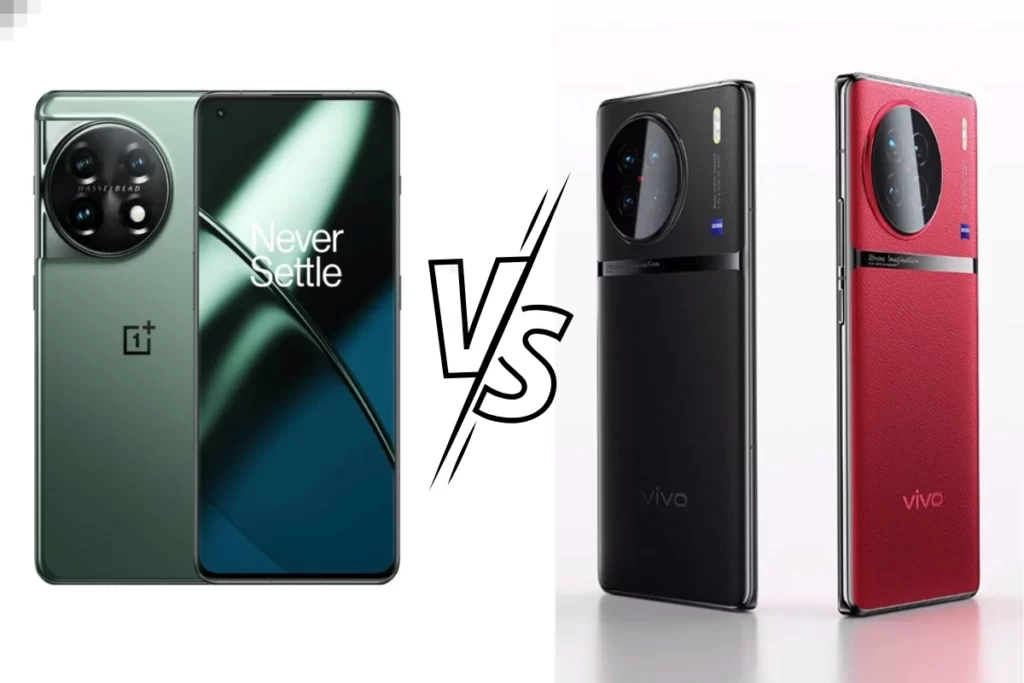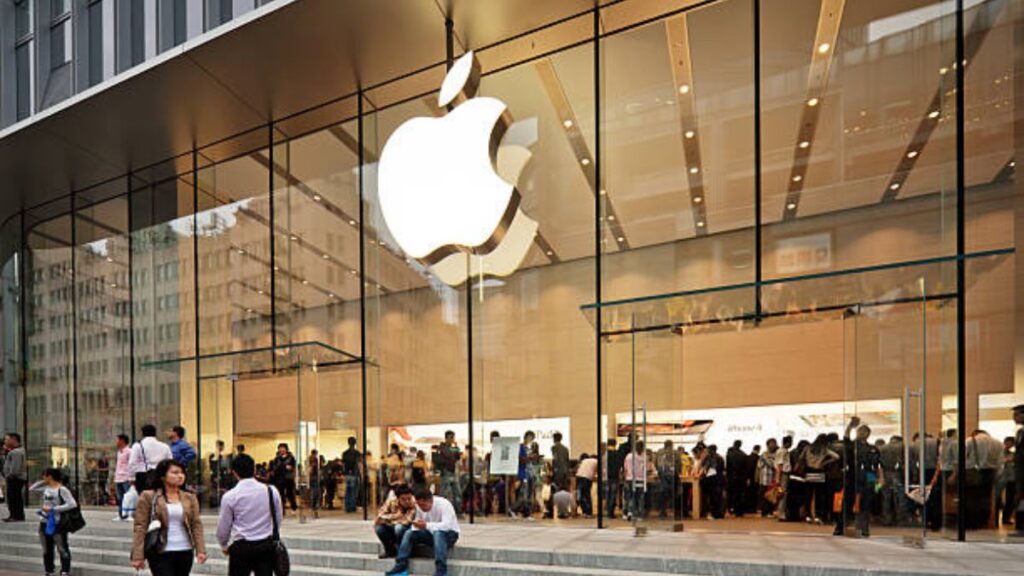Microsoft Windows 11 is already collecting praise from all over and is appropriate. The next generation Windows brings refreshing builds, as well as many useful new features.
Among them is the ability of Windows 11 to run Android apps. That’s right. The next version of Windows can download and run Android apps just like you do on your Android phone.
It is Microsoft’s next big thing that wants Windows to be an open platform, but, at the same time, Android support for Windows 11 is a threat to Channelbooks.
It’s not like Windows has never been able to run Android apps.
For years, emulators like BlueStack have allowed people to use Android apps and games on Windows, but Windows 11 brings traditional support.
Indigenous support for Android apps means security, better integration with other features in the app, and legal self-regulatory tools.
All of this will happen thanks to Amazon Appstore, which is the marketplace for apps on Fire OS devices.
And this relationship is detrimental to Google’s ChromeOS, which began to gain little by little during the epidemic.
The main reason why Chromebooks are so successful and they continue to sell in large volumes is easy to use.
Chromebook is very similar to your Android phone. You open it, you see a few applications that you are familiar with, and you start working on them without much trouble.
Initially, ChromeOS did not develop as well as the laptops app, but when Google announced support for the Google Play Store for ChromeOS, it removed what was preventing the app from being popular and sold.
Google Play Store support means that Chromebooks can run Android apps freely.
As Android is a global operating system for mobile phones, smartphone users have found an easy way to connect their smartphones and laptop seamlessly.
Their Chromebook supports easy communication with their Android phones – something that a large portion of PC users and phone users want.
Chromebooks are not only easy to use, but also expensive. OEMs like HP and Dell sell Chromebooks in several markets, and all said the sale was good.
But despite all that, the Chromebook is not a laptop for many.
Chromebooks are built around ChromeOS, from Chromium OS which enables browsers such as Google Chrome and Microsoft Edge.
So, whatever happens in the Chromebook is actually a Chrome browser that uses the show.
From letting you write an article allows you to listen to music and watch a video – all of which happen with the use of a Chrome browser.
With Android apps now available, you can do more. But here’s where ChromeOS goes for Windows. You can’t use heavy applications on ChromeOS.
Apps like Adobe PhotoShop or Lightroom are not available for Chromebooks.
That’s because of the operating system, and in part because the hardware is working. This is where many people make a U-turn and end up buying a Windows Laptop or MacBook because of their support for software like this. MacBooks are for advanced laptops, but Windows is available on a laptop for as low as Rs 15,000 in India. And that’s the price range where Chromebooks thrive.
Looking at things from a different perspective, Chromebooks are never designed to replace Windows or macOS. By the word “give back”, I mean “compete”.
ChromeOS has brought a great operating system for laptops that people don’t want to drop a bomb on. And these people also didn’t want to use heavy apps.
Therefore, for customers like these, Chromebooks have become a bit unfocused.
But with Windows 11, Microsoft has the option to install a Chromebook turf.
Windows laptops are already as cheap as they are, and are now capable of using Android apps, such as TikTok, which, traditionally, poses a threat to Chromebooks.
Windows laptops can run apps like PhotoShop, so people who choose Windows 11 get



